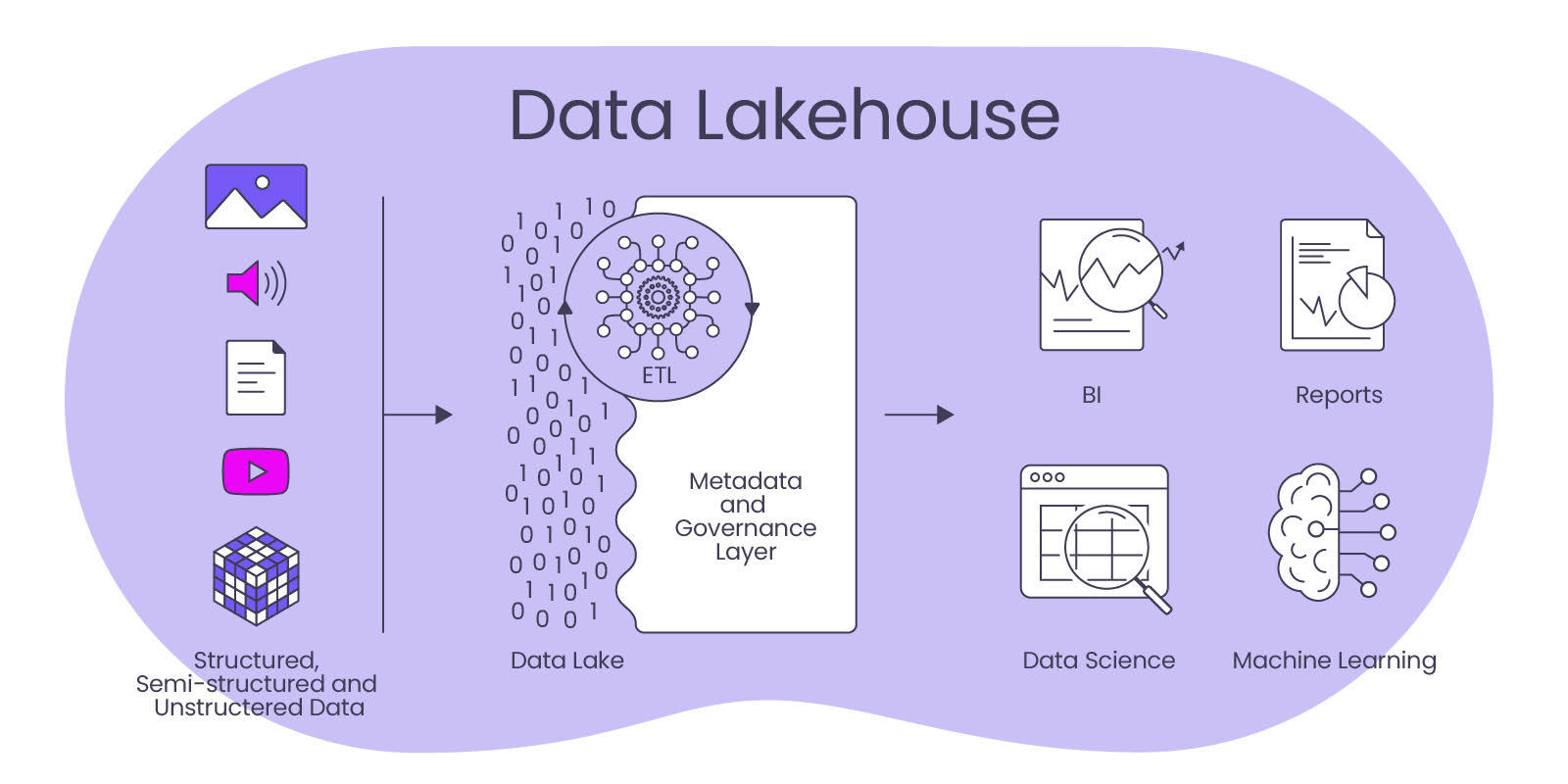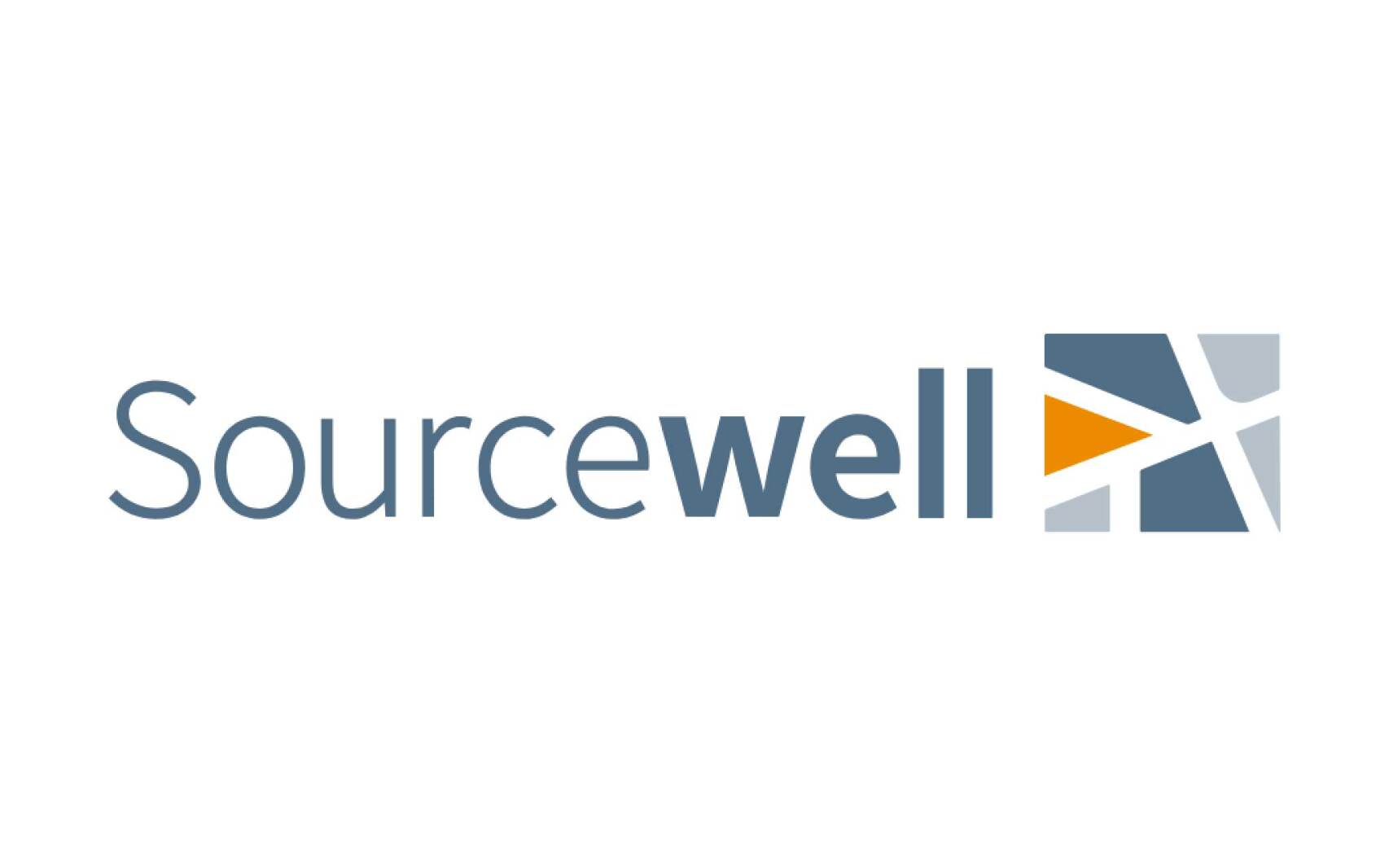
In recent years, the concept of a data lakehouse has gained significant traction in the tech and sciences domain. This innovative approach to data management combines the best features of data lakes and data warehouses, offering a unified platform for storing, processing, and analyzing vast amounts of data. As organizations strive to harness the power of big data for informed decision-making, the data lakehouse has emerged as a compelling solution.
Here are 10 essential facts about data lakehouse that shed light on its significance, functionality, and impact on the tech and sciences landscape. Whether you're a seasoned data professional or simply intrigued by the evolving data management paradigms, these insights will provide a comprehensive understanding of the data lakehouse concept and its implications. Let's delve into the realm of data lakehouse and uncover the key aspects that make it a game-changer in the realm of data management.
Key Takeaways:
- Data Lakehouse combines the best of data lakes and warehouses, offering a unified platform for managing diverse data types and enabling real-time analytics for informed decision-making and innovation.
- Data Lakehouse simplifies data management, fosters collaboration, and empowers businesses to derive actionable insights from IoT and streaming data, driving a paradigm shift in data management for the digital age.
Data Lakehouse: A Revolutionary Approach to Data Management
Data Lakehouse, a term coined by Databricks, represents a groundbreaking approach to data management that combines the best features of data lakes and data warehouses. This innovative concept has gained significant traction in the tech and business world due to its ability to address the limitations of traditional data architectures. Let's delve into 10 intriguing facts about Data Lakehouse and explore how it is reshaping the landscape of data management.
Data Lakehouse seamlessly integrates data lakes and data warehouses.
By seamlessly integrating the capabilities of data lakes and data warehouses, Data Lakehouse offers a unified platform for storing, managing, and analyzing structured and unstructured data. This convergence enables organizations to harness the power of both worlds, providing the flexibility of data lakes and the reliability of data warehouses within a single architecture.
Data Lakehouse leverages the power of open formats and standards, such as Apache Parquet and Delta Lake, to ensure data consistency, reliability, and performance. This approach empowers businesses to derive valuable insights from diverse data sources while maintaining data integrity and governance.
It enables real-time analytics and AI-driven insights.
Data Lakehouse facilitates real-time analytics and AI-driven insights by leveraging advanced technologies such as Apache Spark. This empowers organizations to extract actionable intelligence from massive datasets, enabling informed decision-making and driving innovation across various domains.
Data Lakehouse supports diverse data types and workloads.
One of the key advantages of Data Lakehouse is its ability to support diverse data types and workloads, including structured, semi-structured, and unstructured data. This versatility allows businesses to consolidate their data assets and streamline analytics processes, leading to enhanced operational efficiency and agility.
It offers cost-effective scalability and storage.
Data Lakehouse provides cost-effective scalability and storage, allowing organizations to efficiently manage growing volumes of data without incurring exorbitant infrastructure costs. This scalability is crucial in today's data-driven landscape, where businesses must adapt to evolving data requirements while optimizing resource utilization.
Data Lakehouse enhances data governance and security.
With robust data governance and security features, Data Lakehouse ensures that sensitive information is protected and regulatory compliance is maintained. This is essential for organizations operating in highly regulated industries, where data privacy and security are paramount.
It simplifies data engineering and ETL processes.
Data Lakehouse simplifies data engineering and ETL (extract, transform, load) processes by providing a unified platform for data ingestion, transformation, and analysis. This streamlines data pipelines and accelerates time-to-insight, empowering data engineers and analysts to focus on value-adding tasks.
Data Lakehouse fosters collaboration and data democratization.
By breaking down data silos and fostering collaboration, Data Lakehouse promotes data democratization within organizations. This enables stakeholders across departments to access and analyze data, driving cross-functional insights and innovation.
It empowers businesses to derive actionable insights from IoT and streaming data.
Data Lakehouse empowers businesses to derive actionable insights from IoT (Internet of Things) and streaming data, enabling them to capitalize on real-time information and gain a competitive edge in dynamic markets.
Data Lakehouse is driving a paradigm shift in data management.
The emergence of Data Lakehouse represents a paradigm shift in data management, offering a unified, scalable, and cost-effective solution for modern data challenges. As organizations continue to embrace digital transformation, Data Lakehouse is poised to play a pivotal role in shaping the future of data-driven decision-making and innovation.
In conclusion, Data Lakehouse stands as a transformative force in the realm of data management, offering a harmonious fusion of data lakes and data warehouses to meet the evolving needs of businesses in the digital age. With its ability to seamlessly integrate diverse data sources, enable real-time analytics, and enhance data governance, Data Lakehouse is poised to drive innovation and empower organizations to unlock the full potential of their data assets.
Conclusion
In conclusion, the concept of a data lakehouse represents a significant evolution in data management and analytics. By combining the strengths of data lakes and data warehouses, it offers a unified platform for storing, processing, and analyzing vast amounts of structured and unstructured data. The flexibility, scalability, and cost-effectiveness of data lakehouses make them a compelling choice for organizations seeking to harness the full potential of their data assets. As the technology continues to mature, it is poised to play a pivotal role in driving data-driven decision-making and innovation across various industries.
FAQs
What are the key benefits of a data lakehouse?A data lakehouse offers the advantages of both data lakes and data warehouses, providing a unified platform for storing and analyzing diverse data types. It enables organizations to achieve greater flexibility, scalability, and cost-effectiveness in managing their data assets.
How does a data lakehouse differ from traditional data management solutions?Unlike traditional data warehouses, which are designed for structured data, and data lakes, which are optimized for unstructured data, a data lakehouse seamlessly integrates both types of data. This integration allows for more comprehensive and efficient data analysis and insights.
Was this page helpful?
Our commitment to delivering trustworthy and engaging content is at the heart of what we do. Each fact on our site is contributed by real users like you, bringing a wealth of diverse insights and information. To ensure the highest standards of accuracy and reliability, our dedicated editors meticulously review each submission. This process guarantees that the facts we share are not only fascinating but also credible. Trust in our commitment to quality and authenticity as you explore and learn with us.


